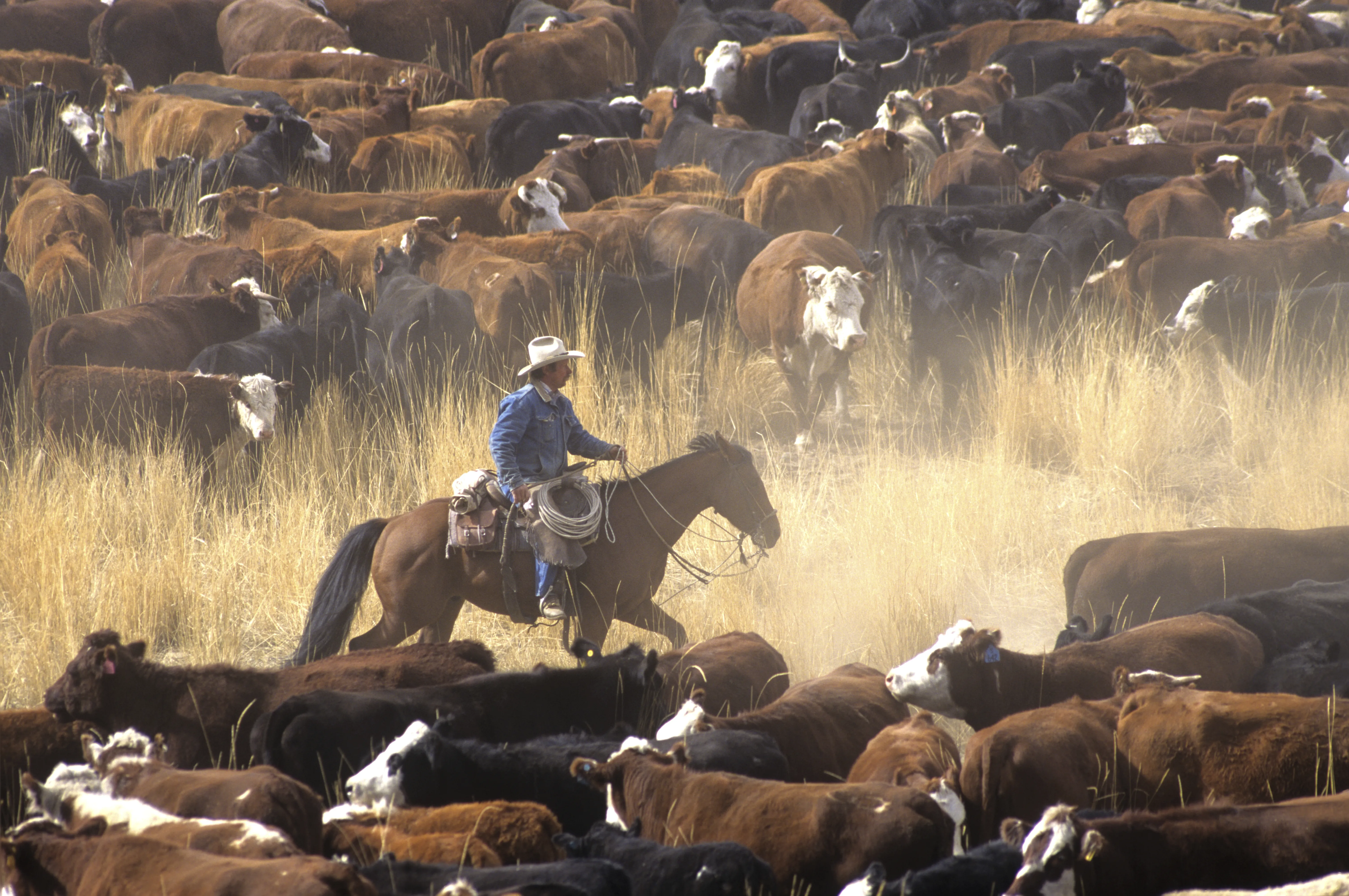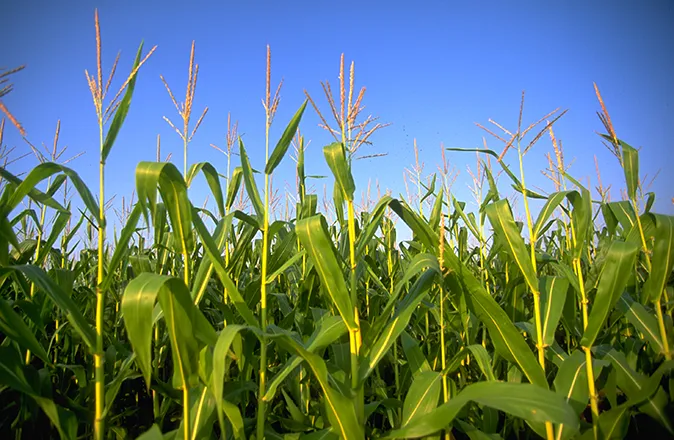
Virginia community farm could be model for economic sustainability
(Virginia News Connection) As Virginia's farms continue to cope with unstable economic markets, one operation is blazing a new trail for a more equitable and economically stable agricultural model.
Established in 2019, the West Virginia-based New Roots Community Farm aims to provide resources and opportunities, both for producers and consumers.
Susanna Wheeler, farm director of New Roots, said the group develops and transfers land to the Agrarian Commons, a nonprofit which permanently preserves land and leases it out to other farmers.
"We felt that brought more security and stability," Wheeler explained. "And also offered us an opportunity to really workshop this concept of what it means to operate on land held by another entity."
The Agrarian Commons aims to lower barriers for new farmers by signing long-term leases, which
reduce upfront land-acquisition costs. The group places an emphasis on getting property into the care of farmers of color and other marginalized groups.
A 2021 report from the U.S. Department of Agriculture estimated the average cost of an acre of farmable land in Virginia is $4,700.
Michael Reilly, co-founder and executive director of Foodshed Capital, a Virginia-based nonprofit which lends money to new farms, including New Roots, said finding and purchasing land can be a struggle for people new to farming.
"The biggest need that farmers have is access to land," Reilly pointed out. "You can't farm if you don't have land. And so, that is a significant challenge for many of the farmers we work with, particularly socially disadvantaged farmers."
Black farmers have seen a sharp drop in participation over the past century, largely due to discriminatory federal and state farm-aid programs prioritizing white farmers.
The 2017 U.S. Ag Census recorded about 45,500 Black farmers, down from nearly 950,000 in 1920.
















